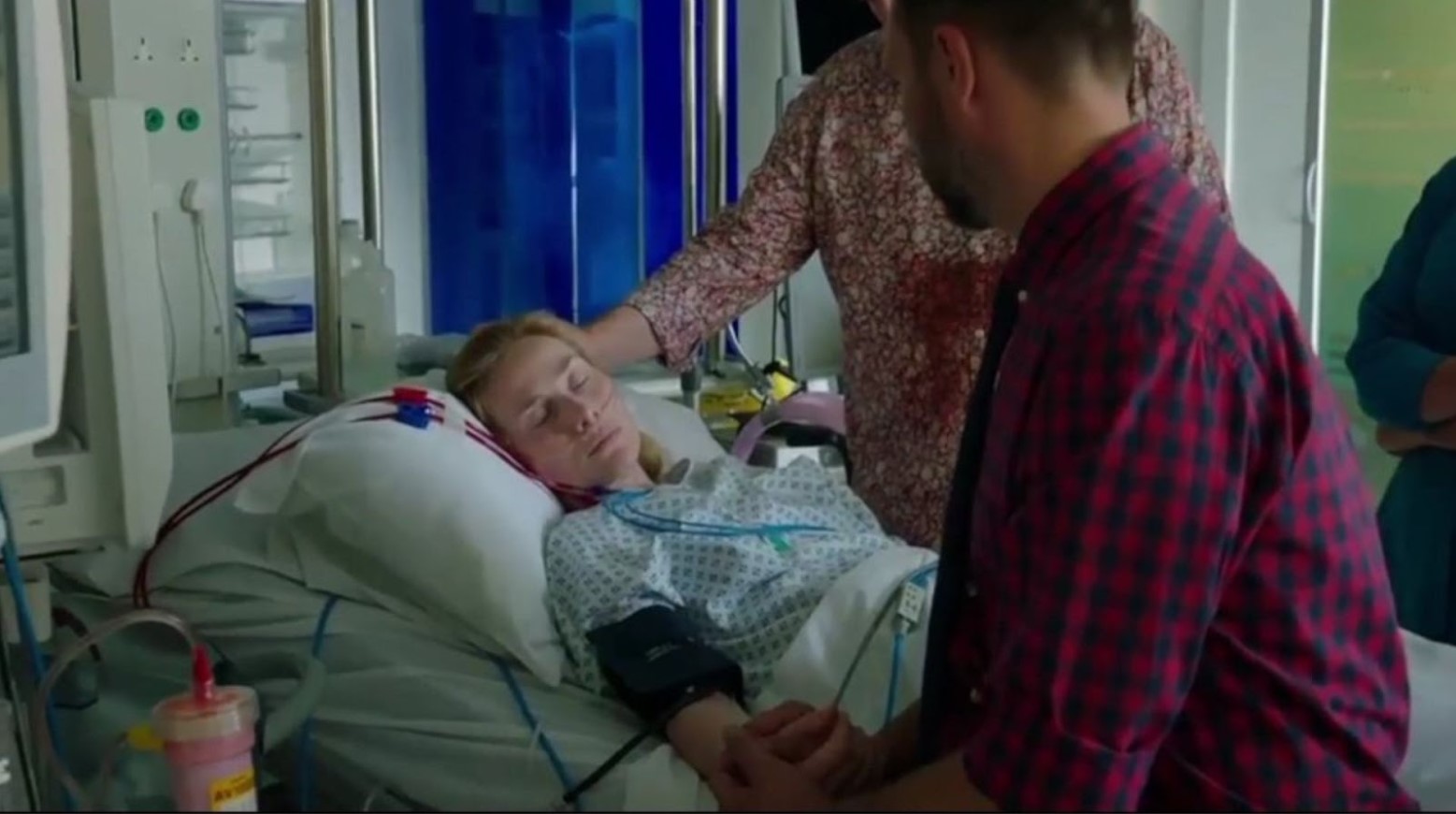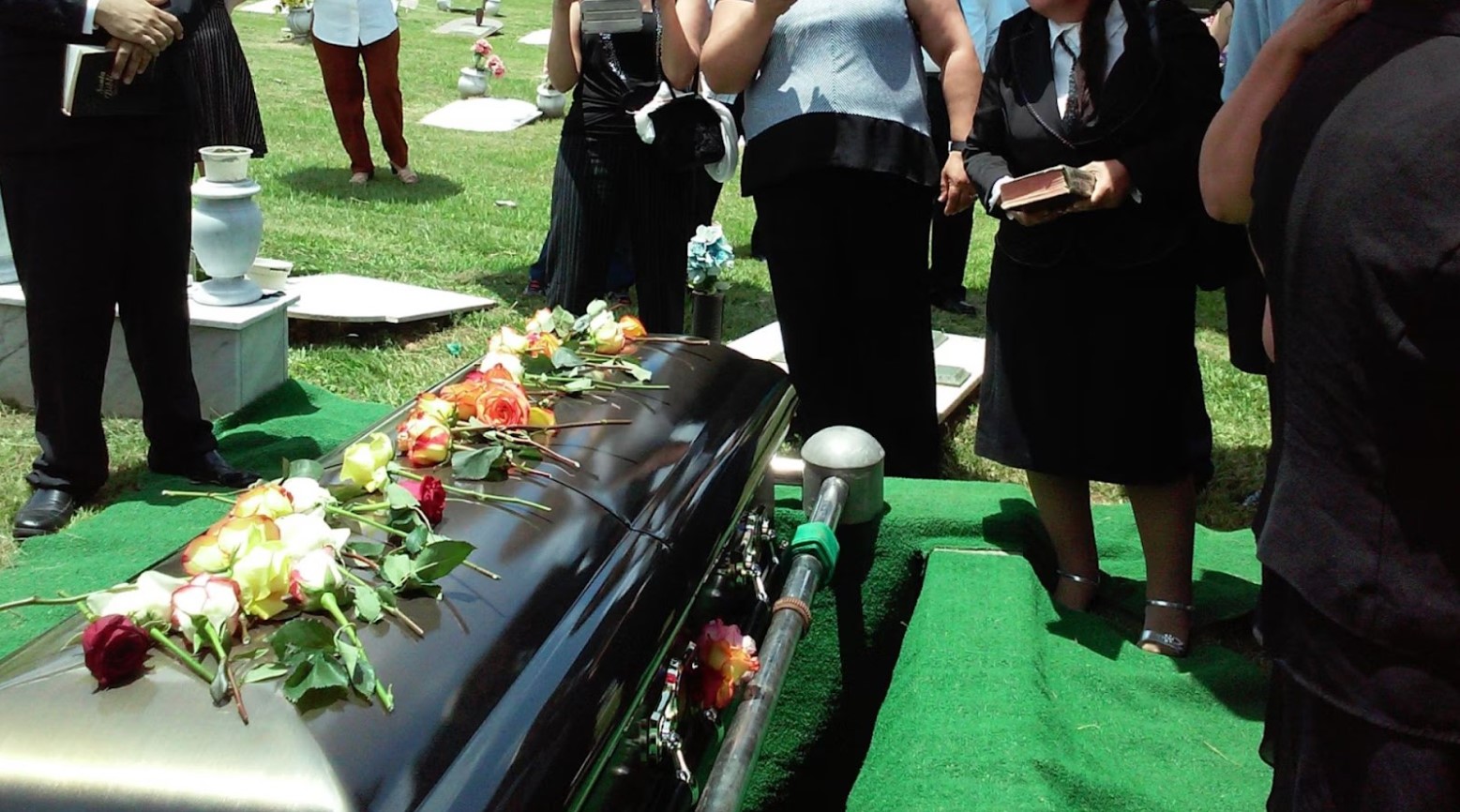One of the most confusing parts of life is death. However, as the vast majority of people who experience death are unable to say what happened to them as they were dying, no one truly knows what actually happens in the moments before they die.
However, Doctor James L. Hallenbeck has been studying what happens in someone’s final moments and has come up with a list of what really does happen to help give people a bit more clarity about what they can expect.
Who Is Doctor James L. Hallenbeck?

Dr. James L. Hallenbeck is a doctor specializing in hospice and palliative care who wrote a book on the subject. He also has an emphasis on physician education, the cultural aspects of end-of-life care and healthcare system issues.
He has spent the majority of his career researching what happens when people are close to death.
The Last Few Weeks Before Death

Before death becomes immediate, there will be a few things that happen in the last few weeks of life. This tends to involve someone feeling more tired than normal and either wanting to sleep more often or for longer periods of time.
The amount they want to eat tends to be much less than usual, which can cause the person to lose a lot of weight. The skin also tends to become a lot more thinner.
The Final 48 Hours

Most people believe that death is a relatively instant thing. While this may be true in some cases, in others, the process of death will happen over a 48-hour time period.
Known as the “terminal phase” or “active dying,” this is where the person who is close to death will experience several changes. Clinicians will know how close their patient is to death, as there is an order of symptoms.
A Decrease in Appetite and Thirst

The very first thing to go is a person’s appetite and thirst. This is because someone who is dying doesn’t need the same amount of nourishment as someone who isn’t.
This doesn’t just happen in the 48 hours before someone dies, as the appetite is likely to gradually decrease over the last few weeks of someone’s life before it stops entirely as the digestive system struggles to process food.
Unable to Control Bowel and Bladder

The next thing to go is reportedly being unable to control the bowel or bladder. Constipation tends to be the most common system among people who are dying.
People also have less control over their pelvic floor muscles, which means that they might end up peeing before they have a chance to go to the toilet or likely won’t even know that they need to pee before it is too late.
Unable to Control Speech

One of the next things to go is the ability to control speech. It won’t go straight away, as over time, the speech will slow down, and the person will become less able to hold a conversation.
Breathing can also become affected by this and become irregular. This includes changing from deep to shallow and fast to slow, which makes talking difficult.
A Loss of Vision

After speech, vision starts to become an issue. The person should be able to see a little bit, but this is mostly just nearby objects. They might also start closing their eyes more frequently or keeping them half open, which is due to the muscles failing.
This is where hallucinations can start. When these start, it doesn’t tend to be anything scary and is mostly just that person seeing any people or pets that may have died before them.
Hearing and Touch Are the Final Senses to Go

Hearing and touch are the final two senses to go, although there is no specific order for which one will go first.
Those around them will notice that they will feel or seem unresponsive for the most part; however, the person is still somewhat aware of what is happening around them in their final few moments.
The Final Hours Before Death

What can happen to someone in their final hours before death tends to vary. Some may start feeling at peace, while others become agitated and restless.
Some people might have lost consciousness in the last few days or weeks before they die. If this hasn’t happened yet, it will likely happen in these final few hours.
What Happens When Someone Eventually Dies?

The final part of the process is death. While this can actually sound scary, it is actually the most peaceful part of the process, which is why many will often mention the person finally being at peace when they die, especially if they have been ill or in pain for a long period of time.
The first thing to stop is their heart, and they will stop breathing. After this, the brain will stop working, and the skin will start to cool down and become pale and waxy.
Accepting the Loss of a Loved One

While the process of death can be challenging for the person dying and the people around them, one of the harder parts of death is the grief process that people go through when someone is no longer here.
One of the most important parts of this process is to accept that the person is gone, no matter how hard that is, and to finally find peace again in knowing that while they are no longer here, their memory and spirit still live on.
